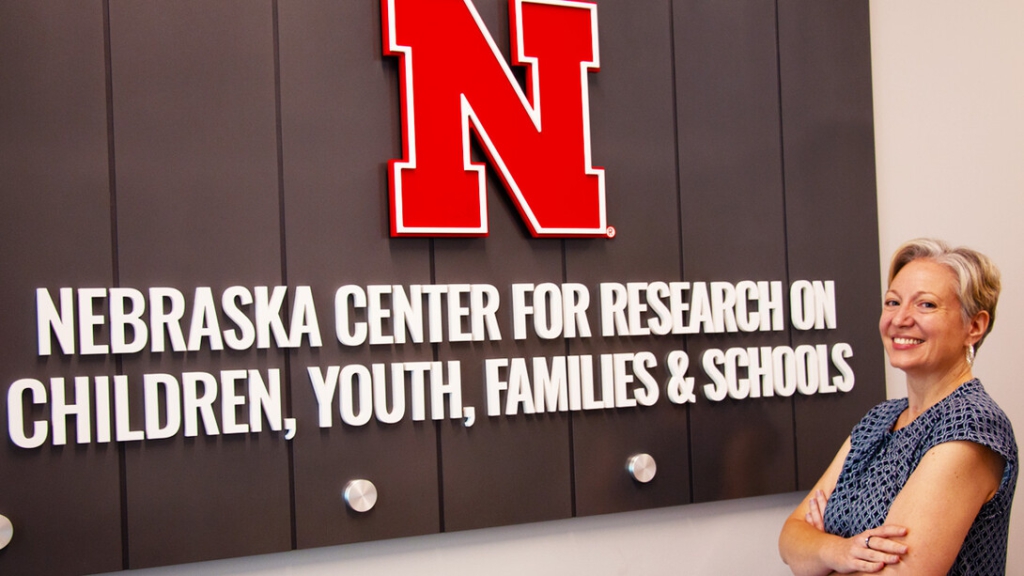Center for Research on Children Youth Families and Schools
Chuck Green, August 12, 2024
Project examining public perception of poverty
Public opinion toward poverty in the United States — and financial assistance from the government — is divided.
According to research, many Americans support federal spending on assistance to the poor, but not federal spending on welfare. To better understand this disparity, a pilot project led by Jamy Rentschler, MAP Academy postdoctoral fellow, and Brandi Woodell, UNL alumna and current assistant professor at Old Dominion University, are exploring how people determine a person’s deservingness of receiving financial assistance, and the types of assistance they view as acceptable.
Funded by the Midwest Sociological Society and housed in the Nebraska Center for Research on Children, Youth, Families and Schools, the study is designed to delve into people’s perceptions of poverty and its causes, and what can be done to fix the problem. Rentschler and her team will conduct approximately 50 interviews with adults who live in the U.S. and identify as a Protestant Christian, to examine how social and cultural factors influence opinions toward financial assistance to the poor.
She is eager to talk to people about their thoughts regarding poverty — especially exploring the “why” behind those thoughts — to pinpoint themes to study in future projects.
“Many policymakers promote false narratives around poverty, making it sound as though it’s easy for the poor to live off the system,” Rentschler said. “But research shows that’s not the case. I want to overcome the false narratives and perceptions by challenging what drives them.”
Utilizing MAP Academy’s Applied Analytics and Data Infrastructure Catalyst Program, Rentschler is working with MAP Academy colleagues to streamline the project’s data management and analysis. Findings will be used to pursue larger grants to expand research.
Rentschler aims to eventually improve the measurement of public opinion on poverty and inform policy decisions regarding poverty assistance programs.
“Opinions vary about federal spending on welfare and other assistance to the poor,” she said. “Our research will examine factors that influence these differences in opinion.”






